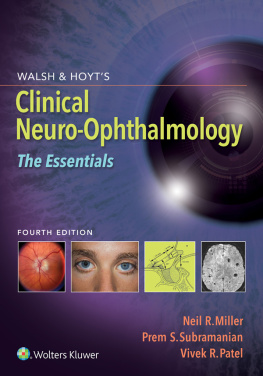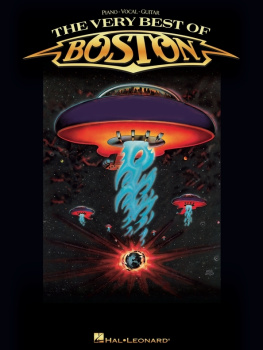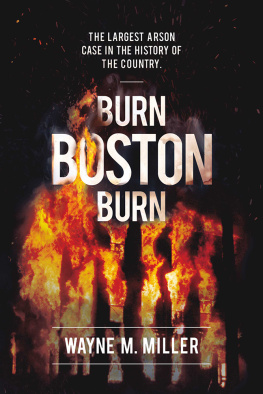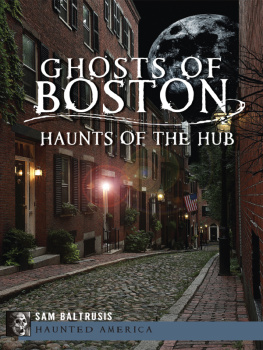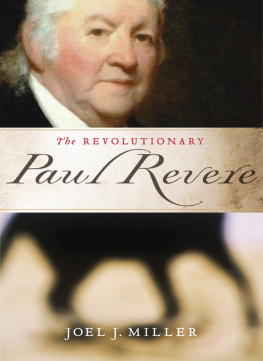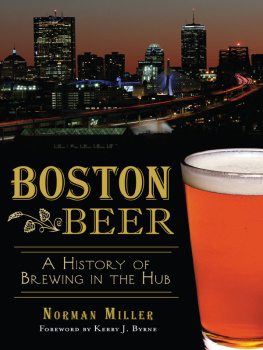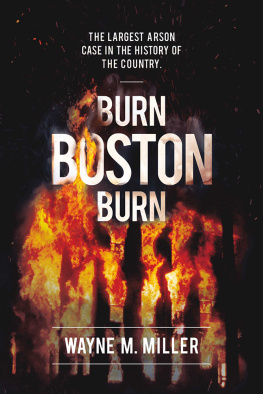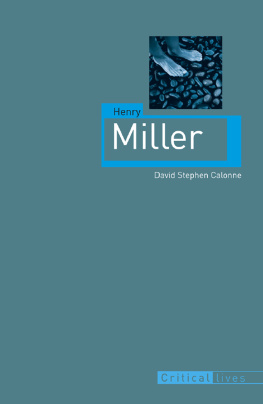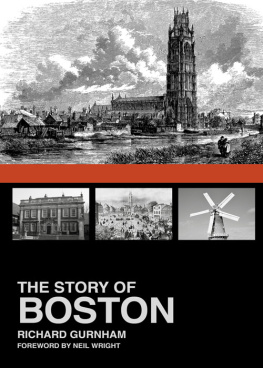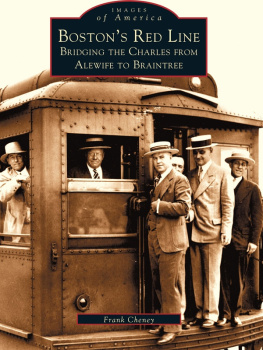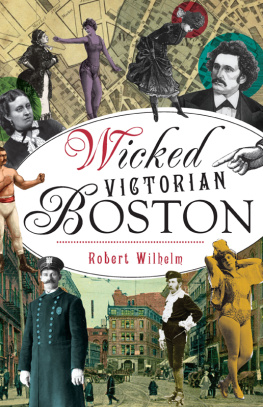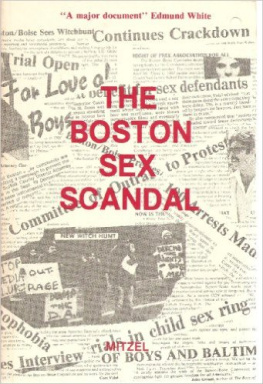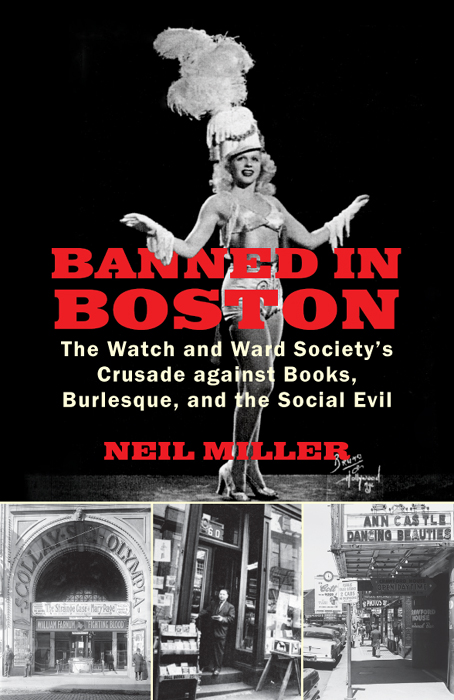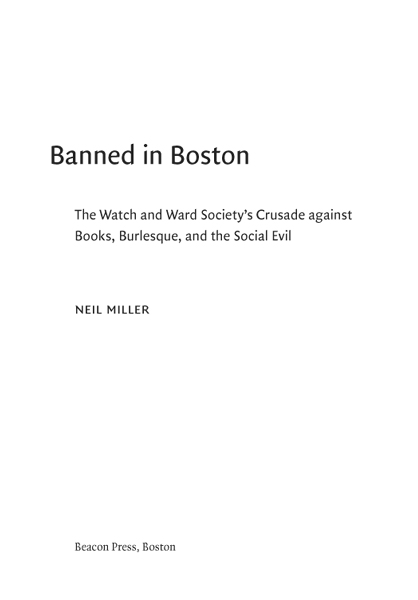PROLOGUE
The Battle of Brimstone Corner, April 1926
I T WAS A PROVERBIAL MATCH OF THE TITANS . In one corner was H. L. Mencken, the most prominent editor in America, the great iconoclast and savage and sharp-tongued foe, in his words, of all preposterous Puritans, malignant moralists, and Christians turned cannibals. In the other corner was the Reverend J. Frank Chase, Bostons reigning censor and moral policeman, secretary of the powerful New England Watch and Ward Society, scourge of small-time gamblers, burlesque promoters, and writers who trafficked in hells and goddamns and anything that smacked of frankness in terms of sex. The scene was Brimstone Corner, just off the Boston Common, in front of the Park Street Church, a block from the gilded dome of the State House. It was at the Park Street Church where the Watch and Ward Society (then called the New England Society for the Suppression of Vice) was originally established in 1878.
A week before, Chase, whose word was law to Massachusetts booksellers and magazine vendors, had ordered the banning of the April 1926 issue of Menckens magazine, the American Mercury. It contained a vignette called Hatrack, a tale of prostitution and hypocrisy in a small Missouri town that Chase contended was obscene. Across the river in Cambridge, the proprietor of a Harvard Square newsstand had been arrested for selling a copy of the magazine to a Watch and Ward agent.
Mencken had taken the train up to Boston from his hometown of Baltimore on April 5, 1926, for the purpose of challenging the Watch and Ward Society by selling Chase a copy of that very issue. Henry Louis Mencken was a small man, with a plum pudding of a body and a square head stuck on it with no intervening neck, as British journalist Alistair Cooke described him. He parted his hair in the middle, and his eyes, so small that you could see the whites above the irises, gave him the earnestness of a gas jet when he talked, an air of resigned incredulity when he listened, and a merry acceptance of the human race and all its foibles when he grinned. He usually dressed like the owner of a country hardware store, noted Cooke. On ceremonial occasions, however, he dressed like a plumber got up for church. This day was one of the latter.
More than a thousand curiosity-seekerslargely Harvard undergraduatesturned out for the spectacle on the Common. Some hung off trees and out of windows. Menckens lawyer, Arthur Garfield Hays, lately a counsel for the defense at the Scopes monkey trial in Dayton, Tennessee, arrived first, at about 1:50 in the afternoon. He mounted the steps of the Park Street Church carrying a bundle of fifty copies of the American Mercury, clothed in its famous green cover, to sell just in case Chase declined to show up at the last minute. The crowd, impatient to snap up copies of the magazine, rushed towards him, holding out dollar bills. When Mencken stepped from a taxicab a few minutes later, accompanied by a Baltimore Sun reporter and an Alfred A. Knopf book salesman, he found no place to move or even stand. It was that crowded. Traffic officers tried unsuccessfully to disperse the mob as the editor and his lawyer pushed their way across Park Street to the Common, where they could barely gain their footing.
A man claiming to represent Chase approached Mencken and offered to buy a copy of the Mercury. Mencken waved him away. It was Chase he was waiting for. And then, amidst cries of Here he is! the superintendent of police, Michael H. Crowley, cleared a path for the Watch and Ward secretary. He was accompanied by Captain George W. Peterson, chief of Bostons Vice Squad, and a young plainclothes officer named Oliver Garrett, later to become a notorious character in Boston.
Are you Chase? demanded Mencken.
I am, replied a solidly built man with glasses and a walrus mustache.
And do you want to buy a copy of the Mercury?
I do, came the reply.
Chase offered Mencken a silver half-dollar, and, in a theatrical moment that delighted the throng, the editor took the coin and bit the end of it to make sure that it was genuine. Then he handed over a copy of the magazine.
Officer, arrest that man! commanded Chase, addressing Captain Peterson. The Boston police and the Watch and Ward had had their differences over the yearssometimes the vice organizations agents had acted as if they were the Boston policebut this time the police were more than happy to do the Watch and Wards bidding. Garrett, the plainclothes officer, tapped Mencken on the arm.
Mencken still had three copies of the Mercury in his hand. Throw them away, his lawyer counseled.
Mencken tossed the magazines into the air. There was a scramble, and, in the rush to get a copy, the crowd ripped the magazines to pieces. Chase handed his over to Peterson.
Then Mencken, hat low on his head and trademark cigar in hand, accompanied by Hays and followed by several hundred onlookers, was marched up Tremont Street to police headquarters at Pemberton Square, four blocks away. He was led to the second floor and booked on a charge of violating Chapter 272, Section 28, of the Public General Laws of Massachusetts. The charge was clearthat he, Mencken, did sell to one Jason F. Chase certain obscene, indecent, and impure printingmanifestly tending to corrupt the morals of youth. After that, Mencken was taken to the Central Municipal Court and formally arraigned. A hearing was set for 10 a.m. the following day, April 6. Mencken was released on his own recognizance, with a surety bond fixed at $500.
Chase had won round one.
PART I
Early Days
CHAPTER 1
Founding Fathers, 1878
H ALF A CENTURY EARLIER , on a late May afternoon in 1878, some 400 to 500 men gathered at the vestry of Bostons Park Street Church to found the New England Society for the Suppression of Vice. The historic church, with its brick facade and white New England spire, designed by Christopher Wren to rise ten feet higher than the State House dome, was, in many respects, the natural spot for such a gathering. The spire was, after all, as a Boston guidebook put it, a heaven-pointing finger at the very center of Boston life. And the church itself exemplified the two sides of the organization that would soon change its name to the New England Watch and Ward Society. Park Street Church was an institution with a passion for reform, where William Lloyd Garrison launched his antislavery campaign in 1829, and where the American Education Society, the Prison Reform Society, and the American Temperance Society were established. At the same time, the Congregational church was historically one of the most rigid in Boston. Its early minister, Edward Dorr Griffin, who gave Brimstone Corner its name, is said to have sprinkled sulfur on the sidewalks on Sunday mornings to entice visitors to his hell-anddamnation sermons.


